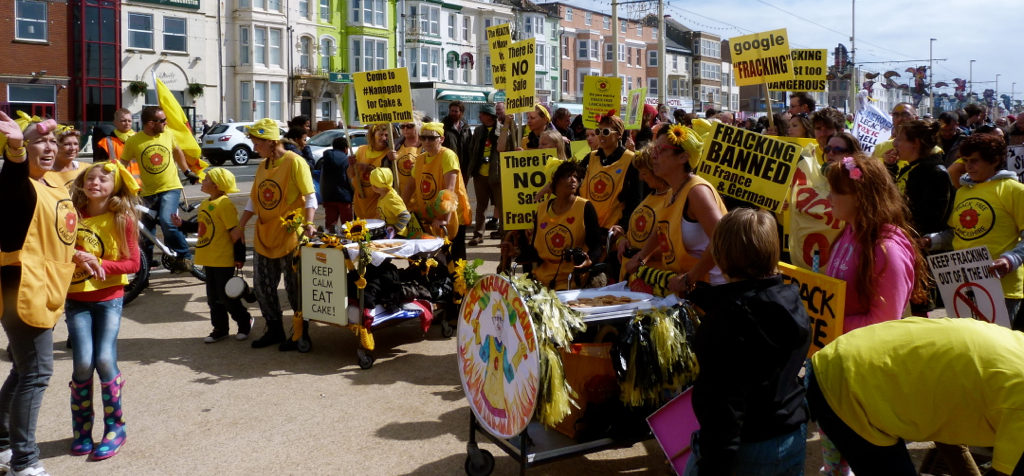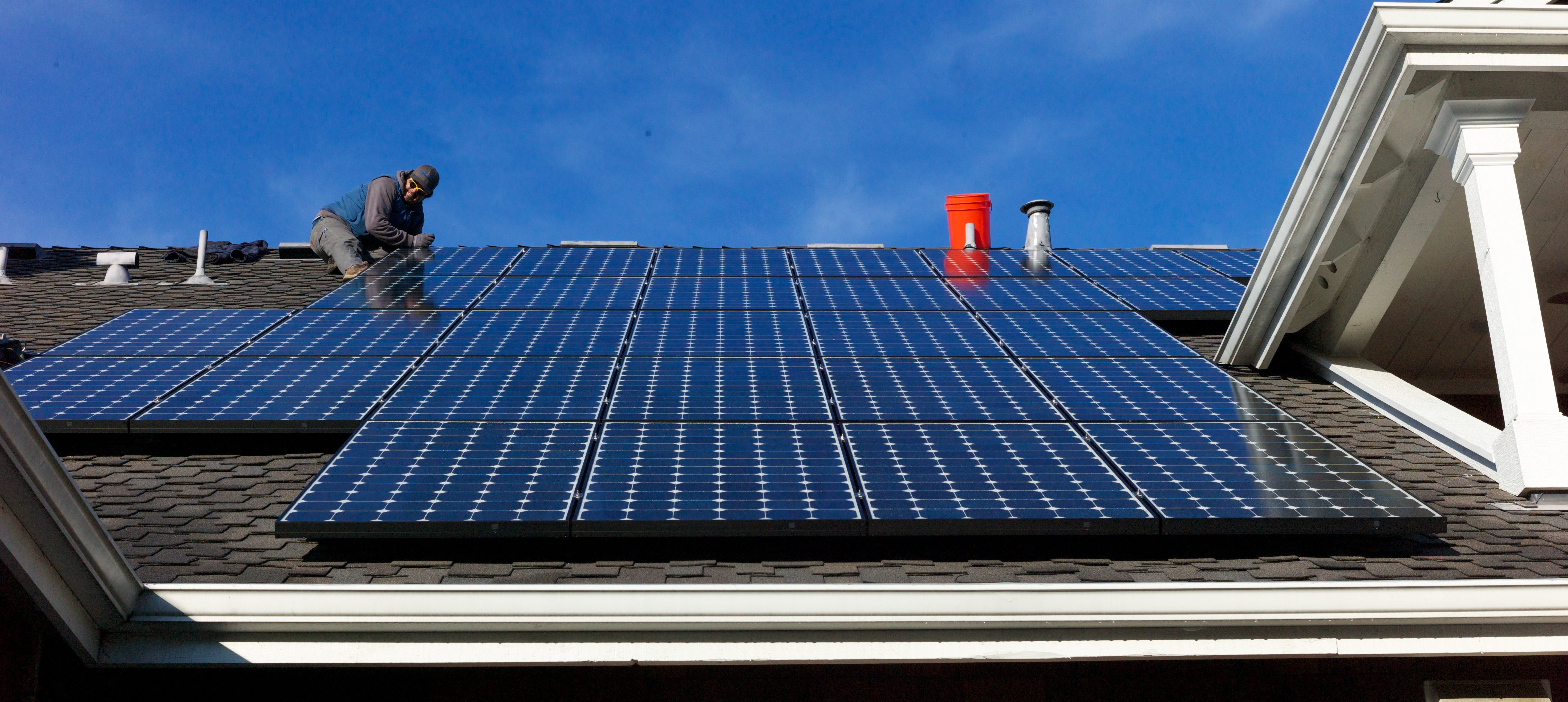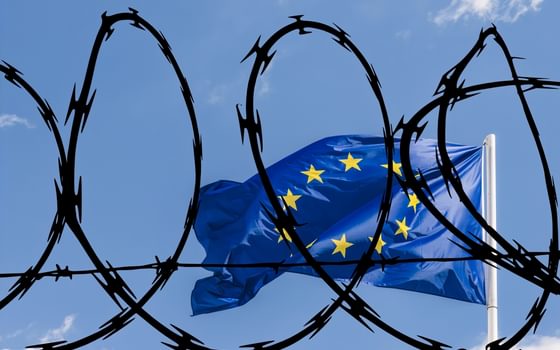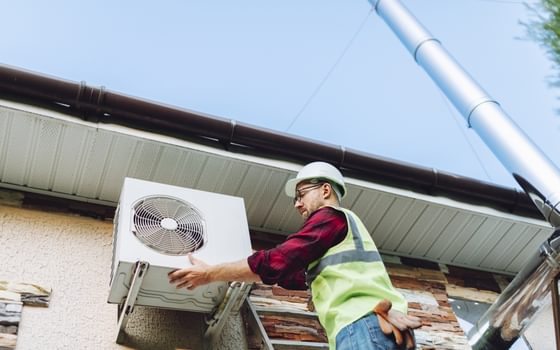What does it take to really take control of our energy system?
Fracking’s about as far from locally-controlled energy as you can get
25 October 2016
It takes a certain chutzpah to force fracking onto local communities against their wishes – overriding local decisions – yet to also claim that giving free reign to shale gas companies is somehow about putting those communities ‘in control’.
But that’s the trick the Government is trying to pull off. Recently the Communities Secretary, Sajid Javid, approved plans for fracking at Little Plumpton in Lancashire – despite Lancashire County Council having previously refused the plans on grounds of noise and traffic impact.
Local and national campaigners alike were unlikely to have been particularly surprised. The Government’s hunger for fracking is a matter of public record. Last year the ex-Chancellor George Osborne was shown through leaked documents to be intervening left, right and centre to smooth the way for the likes of Cuadrilla.
But opponents nonetheless rightly reacted with anger and dismay: not just on climate and public health grounds, but as an affront to the illusion of local democracy.

Image credit: Victoria Buchan-Dyer via Flickr
The latest mathematics of what it will take to honour the Paris Agreement suggests that even much of the world’s existing fossil fuel reserves will have to be left where they are, never mind recklessly going gang-ho to find more. All in, fracking has never been less popular, locally or nationally – unlike renewable energy, which has overwhelming support.
Earlier in the year Mrs May had tried to allay local hostility by promising that frackers would be required to pay out a slice of their theoretical profits directly to local residents. She did so drenched in post-referendum rhetoric – suggesting that a (very few) pounds in the pocket was any kind of concession to genuine public control and influence over whether to actually be fracked in the first place: “It’s about making sure people personally benefit from economic decisions that are taken – not just councils – and putting them back in control over their lives.”
“Let’s be clear: communities that are being fracked aren’t remotely in control of what happens to them, and it’s pretty outrageous to suggest they are.”
Nor are they, or the rest of us, in control of our energy system: centralised, mostly run for huge profits by six highly unpopular, pretty identical retail companies, and dominated not just by the quest for fracking but also, for example, the eyepoppingly expensive Hinkley Point. It’s a symptom of our failing and divided economy.
A fortnight ago the New Economics Foundation launched its ambitious new agenda for change – to really put people in control. Our new opinion polling showed that only 25 per cent of Remain voters – to say nothing of Leavers – think that the Government really listens to them. The fracking farrago is a very clear example of why.
So what would an energy system that really put people in control look like?
Let’s start with what energy should do for us. It should be clean and affordable for everyone: in the 21st century, energy really should be a basic right, and making sure we have a healthy climate is a central responsibility.
The key assumption behind the 1990s privatisation of energy – that competition and the profit motive would keep prices low – has simply failed; public anger at energy bills is perennial and enduring (and may return with a vengeance this winter as the tumbling pound is likely to lead to price hikes). Fuel poverty, with 10% of the country unable to afford to properly heat their homes, remains an outrage in a rich country like the UK.
And with the Committee on Climate Change warning just last week that the UK is failing to cut carbon as fast as science and the law demands, we also need rapidly to speed up the end of the fossil fuel age – the polar opposite of a love-in with fracking.
“So an energy system of which people genuinely are in control would look virtually nothing like the one we have now. It would be designed to deliver social and environmental goals first, not profits.”
And it would unlock the potential of energy to help deliver a new type of economy, so much more than a passive flick of a switch and the grumbling payment of a bill.
Change is coming, whether or not oil and gas companies like it. The remarkable fall in the costs of renewable energy are a new economic phenomenon: inherently smaller-scale, decentralised, and amenable to local ownership and control, clean energy is fatally undermining the business models of big utilities in Germany. It’s a genie that’s out of the bottle.

Image credit: Jon Callas via Flickr
Locally-elected mayors, councils and activists now realise that they don’t need to wait for Government to navigate the minefield of the power of the big guys and manufactured outrage from vested interests about ‘green crap’. They can, and increasingly will, set up their own energy companies as a way to bring in new income while also delivering decent, green outcomes for the people they serve. Nottingham’s Robin Hood Energy, for example, can deliver energy £265 a year more cheaply than the Big Six energy companies.
All eyes are now on the Mayor of London, Sadiq Khan. Having promised to set up a non-profit energy company for the capital – ‘Energy for Londoners’ – it now needs to be set up with the right level of ambition.
Theresa May was right about one thing: people want more of a stake in the energy system. But that doesn’t mean a shallow payment to make up for being fracked. It means really putting people in control: yes, through local planning decisions that the Government does not then trample all over, but also through fundamentally changing the story about what energy is and what it can do for us – all of us.
This article originally appeared at Business Green and is reproduced here with permission.
Topics Democracy & participation Energy






